Home>Interior Design>How Often Should You Vacuum? Cleaning Experts Advise
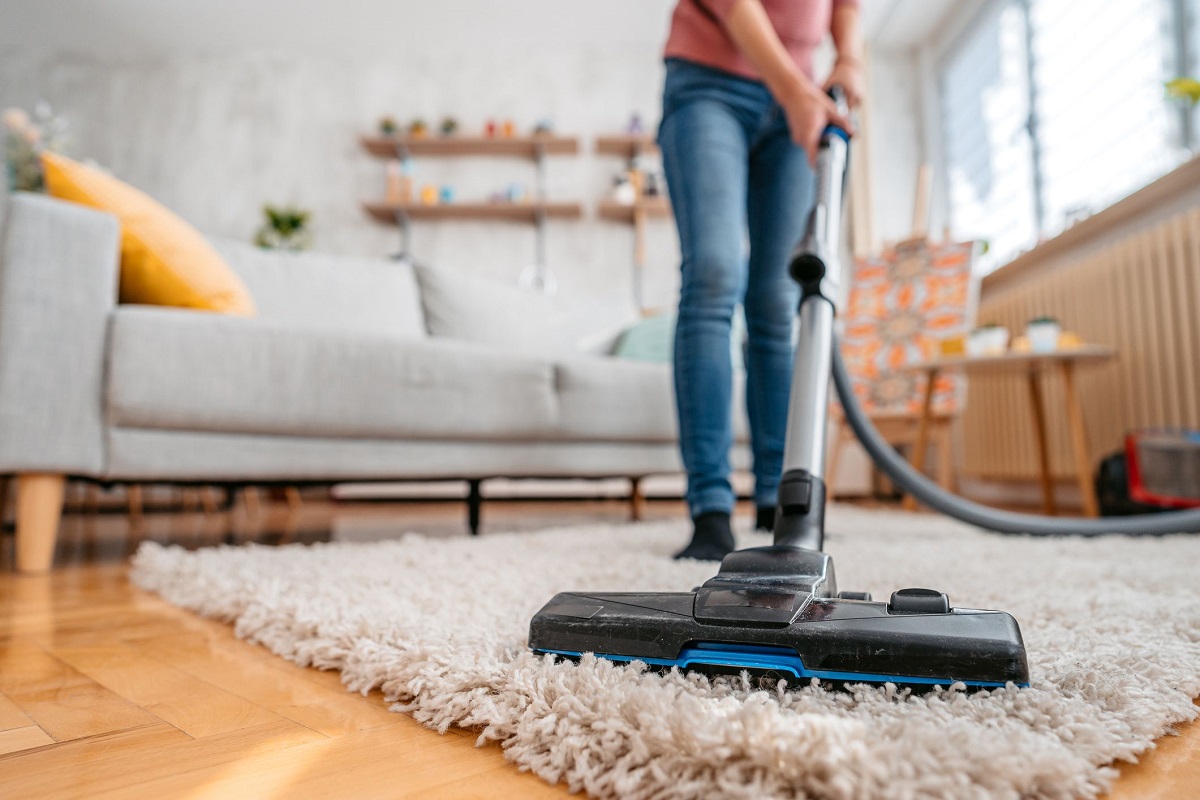

Interior Design
How Often Should You Vacuum? Cleaning Experts Advise
Modified: March 24, 2024
Learn the ideal frequency for vacuuming your home from interior design experts. Discover their valuable cleaning tips and advice here.
(Many of the links in this article redirect to a specific reviewed product. Your purchase of these products through affiliate links helps to generate commission for Storables.com, at no extra cost. Learn more)
Introduction
Keeping a clean and well-maintained home is not only visually appealing but also essential for our health and well-being. Regular cleaning tasks, such as vacuuming, play a vital role in maintaining a hygienic living environment. However, knowing how often to vacuum can be a bit confusing. Cleaning experts recommend different frequencies based on various factors. In this article, we will explore the benefits of vacuuming regularly and provide recommendations from cleaning experts to help you maintain a clean and healthy home.
Vacuuming is more than just removing visible dirt and debris from your floors. It is a crucial step in reducing allergens, dust mites, pet dander, and other microscopic particles that can accumulate in your carpets and rugs. These contaminants can trigger allergies and respiratory issues, particularly for individuals with asthma or sensitivities. Therefore, regular vacuuming can greatly contribute to improving indoor air quality and overall health.
Moreover, vacuuming helps to prolong the lifespan of your carpets and rugs. Dust and dirt particles can settle deep within the fibers, causing them to degrade over time. By removing these particles regularly, you can prevent premature wear and tear, keeping your carpets looking fresh and extending their longevity.
When determining how often to vacuum, several factors need to be considered. The size of your household, the number of pets, the amount of foot traffic, and the type of flooring all play a role in determining the frequency of vacuuming. Homes with children and pets will generally require more frequent vacuuming due to the higher accumulation of dirt and allergens.
It is also essential to pay attention to different areas of your home. High-traffic areas, such as entryways and living rooms, may need more frequent vacuuming compared to less frequently used spaces, like guest bedrooms. Additionally, carpeted areas may need more frequent vacuuming than hard floors, as they tend to trap more dirt and allergens.
Key Takeaways:
- Regular vacuuming is essential for improving indoor air quality, reducing allergens, and extending the lifespan of carpets and rugs. Tailor your vacuuming routine to your home’s unique needs for a clean and healthy environment.
- Cleaning experts recommend vacuuming high-traffic areas at least once a week, with additional frequency for pet owners and allergy sufferers. Seasonal deep cleaning is also advised to maintain overall cleanliness and freshness.
Benefits of Vacuuming Regularly
Vacuuming your home on a regular basis offers numerous benefits beyond just keeping it clean. Let’s take a closer look at some of the advantages of vacuuming regularly:
- Improved Indoor Air Quality: Vacuuming helps to remove dust, allergens, and other airborne particles from your carpets, rugs, and upholstery. By eliminating these pollutants, you can significantly improve the indoor air quality in your home, creating a healthier living environment for you and your family.
- Allergen Reduction: For individuals with allergies or asthma, vacuuming regularly is crucial. Dust mites, pet dander, pollen, and other allergens can accumulate in your carpets and rugs. By using a vacuum with a HEPA (High-Efficiency Particulate Air) filter, you can effectively trap and remove these allergens, reducing the risk of allergies and respiratory issues.
- Elimination of Dirt and Bacteria: Dirt and bacteria can easily accumulate on your floors, posing health risks to you and your family. Regular vacuuming helps to remove these contaminants, preventing them from spreading throughout your home. This is especially important in households with young children who spend a lot of time playing on the floor.
- Extended Lifespan of Carpets and Rugs: By vacuuming regularly, you can prevent dirt, dust, and debris from building up in the fibers of your carpets and rugs. Over time, these particles can cause the fibers to break down, leading to premature wear and tear. By removing them regularly, you can extend the lifespan of your carpets and keep them looking fresh and vibrant for longer.
- Time and Effort Savings: Regular vacuuming helps to prevent the accumulation of dirt and debris, making the cleaning process quicker and easier. By staying on top of regular vacuuming, you can maintain a cleaner home overall and reduce the need for more labor-intensive deep cleaning sessions.
Incorporating regular vacuuming into your cleaning routine is a simple yet effective way to keep your home clean, healthy, and visually appealing. By investing a little time and effort into this essential cleaning task, you can enjoy the numerous benefits it offers in terms of improved air quality, allergen reduction, and the longevity of your carpets and rugs.
Factors to Consider
When it comes to determining how often you should vacuum your home, there are several factors that you should take into consideration:
- Household Size: The number of people living in your home can impact the accumulation of dirt and debris. Larger households with more occupants generally require more frequent vacuuming to keep up with the higher foot traffic and potential messes.
- Pets: If you have pets, especially ones that shed fur, you’ll likely need to vacuum more often. Pet hair can easily accumulate on floors and furniture, and it can be a source of allergens and odors. Regular vacuuming can help keep pet hair under control and maintain a clean and allergen-free environment.
- Foot Traffic: Areas with high foot traffic, such as entryways, hallways, and living rooms, tend to accumulate more dirt and debris. If these areas are carpeted, they may require more frequent vacuuming compared to less frequently used rooms.
- Type of Flooring: The type of flooring in your home can also influence how often you should vacuum. Carpets tend to trap more dirt and allergens compared to hard floors. Therefore, carpeted areas may require more frequent vacuuming to keep them clean and free from allergens.
- Environmental Factors: Consider the environment you live in. If you live in an area with high levels of dust, pollen, or other airborne particles, you may need to vacuum more frequently to keep your home clean and prevent allergens from accumulating.
While considering these factors, it is important to remember that there is no one-size-fits-all answer to how often you should vacuum. Each home is different, and individual circumstances vary. Use these factors as guidelines, but trust your own judgment and observation of the cleanliness of your home.
If you notice that your floors look visibly dirty, or if you or your family members are experiencing allergies or respiratory issues more frequently, it may be a sign that you need to increase the frequency of your vacuuming.
Ultimately, finding the right balance between regular vacuuming and other cleaning tasks will help you maintain a clean and healthy home environment for you and your loved ones.
Vacuum high-traffic areas 1-2 times a week and less frequented areas 1-2 times a month to maintain cleanliness and prevent dirt buildup.
Different Areas of the Home
When it comes to vacuuming your home, it’s important to pay attention to different areas and surfaces that require specific cleaning considerations. Here are some key areas and surfaces that may need different vacuuming approaches:
- Carpets and Rugs: Carpets and rugs tend to accumulate dirt, dust, and allergens more easily. Vacuuming these areas at least once a week is generally recommended. However, high-traffic areas, such as living rooms and entryways, may need more frequent vacuuming to keep them clean and free from debris.
- Hard Floors: Hard floors, such as hardwood, tile, or laminate, also require regular vacuuming to remove loose dirt and debris. However, using a vacuum with a beater bar or rotating brush can cause damage to these types of flooring. Instead, consider using a vacuum with a bare floor attachment or a microfiber dust mop to effectively clean hard surfaces.
- Stairs: Vacuuming stairs can be a bit challenging due to their size and shape. It’s best to use a handheld vacuum or a vacuum with a flexible hose and attachments to effectively clean stairs. Pay extra attention to the edges and corners where dirt and debris tend to accumulate.
- Furniture and Upholstery: Dust and pet dander can accumulate on furniture and upholstery, contributing to allergies and odors. Vacuuming these surfaces regularly, using the appropriate attachments, can help remove allergens and keep them clean. Be sure to check the manufacturer’s guidelines for cleaning instructions and avoid vacuuming delicate fabrics or materials that may get damaged.
- Curtains and Drapes: Curtains and drapes may need periodic vacuuming to remove dust and allergens. Use a vacuum with a soft brush attachment or a handheld vacuum to gently clean these fabrics without causing damage. Alternatively, you can also opt for professional dry cleaning or hand washing, depending on the material.
- Baseboards and Corners: Don’t forget to vacuum baseboards and corners to remove dust and cobwebs. Use a crevice tool attachment to effectively clean these hard-to-reach areas. Regularly vacuuming these areas can help maintain a clean and polished look throughout your home.
It’s important to tailor your vacuuming routine to each specific area and surface in your home. By doing so, you can ensure a thorough and effective cleaning that meets the unique needs of each space.
Remember to check the manufacturer’s recommendations for your vacuum cleaner and follow any specific instructions for cleaning different surfaces and attachments. This will help you achieve the best results and prevent any accidental damage to your floors, furniture, or other belongings.
Frequency Recommendations by Cleaning Experts
When it comes to how often you should vacuum your home, cleaning experts generally suggest the following frequency recommendations:
- High-Traffic Areas: Areas with high foot traffic, such as entryways, hallways, and living rooms, should be vacuumed at least once a week. These areas tend to accumulate more dirt, dust, and debris, so more frequent vacuuming is necessary to keep them clean and prevent the buildup of allergens.
- Weekly Vacuuming: For the rest of the carpeted areas in your home, including bedrooms and family rooms, a weekly vacuuming schedule is usually sufficient to maintain cleanliness and prevent dirt and allergen buildup.
- Hard Floors: Hard floors, such as hardwood, tile, or laminate, typically require less frequent vacuuming compared to carpets. Experts recommend vacuuming hard floors at least once or twice a week to remove loose dirt and debris. Alternatively, you can use a dust mop or microfiber cloth for daily maintenance and spot clean as needed.
- Pet Owners: If you have pets that shed fur, it’s recommended to vacuum your carpets and rugs two to three times a week. This will help control pet hair and dander, reducing allergens and keeping your home clean and odor-free.
- Allergies and Asthma: Individuals with allergies or asthma may benefit from more frequent vacuuming. Experts suggest vacuuming carpets, rugs, and upholstered furniture two to three times a week to minimize allergens and improve indoor air quality.
- Seasonal Cleaning: In addition to regular vacuuming, it’s also recommended to do a deep cleaning of your carpets and upholstery at least once or twice a year, particularly during spring and fall. This deep cleaning can help remove embedded dirt and allergens that regular vacuuming may not fully eliminate.
Keep in mind that these frequency recommendations are general guidelines. You may need to adjust them based on your specific circumstances, such as the size of your household, the number of pets, and any particular health concerns or sensitivities.
Ultimately, the goal is to maintain a clean and healthy home environment. Consistency and regularity in your vacuuming routine can make a significant difference in the cleanliness and overall condition of your floors, carpets, and upholstery.
By following these recommendations from cleaning experts, you can ensure that your home remains fresh, allergen-free, and visually appealing throughout the year.
Conclusion
Vacuuming regularly is a key component of maintaining a clean and healthy home. It not only helps to remove dirt and debris but also plays a crucial role in improving indoor air quality and reducing allergens. By understanding the factors that influence how often you should vacuum and following the recommendations of cleaning experts, you can create a vacuuming routine that is tailored to the unique needs of your home.
Benefits of vacuuming regularly include improved indoor air quality, reduction of allergens and dust mites, elimination of dirt and bacteria, extended lifespan of carpets and rugs, and time and effort savings in the long run. These advantages make vacuuming an essential part of any cleaning routine.
Factors to consider when determining the frequency of vacuuming include household size, pets, foot traffic, type of flooring, and environmental factors. By taking these factors into account, you can develop a vacuuming schedule that fits the specific needs of your home.
It’s important to pay attention to different areas of the home that require specific cleaning considerations. From carpets and rugs to hard floors, stairs, furniture, and baseboards, each area may require a different approach to achieve optimal cleanliness and freshness.
Cleaning experts generally recommend vacuuming high-traffic areas and carpeted rooms at least once a week. For hard floors, a frequency of once or twice a week is often sufficient. Pet owners and individuals with allergies or asthma may need to vacuum more frequently to control pet hair and minimize allergens.
In addition to regular vacuuming, seasonal deep cleaning of carpets and upholstery is also recommended to remove embedded dirt and allergens. This deeper clean can be done at least once or twice a year to maintain the overall cleanliness and condition of your home.
In conclusion, vacuuming is a vital aspect of maintaining a clean and healthy home. By incorporating regular vacuuming into your cleaning routine, you can enjoy the benefits of improved indoor air quality, allergen reduction, and the preservation of your carpets and rugs. With the guidance of cleaning experts and a personalized approach, you can achieve a clean, fresh, and inviting home environment for you and your loved ones.
Frequently Asked Questions about How Often Should You Vacuum? Cleaning Experts Advise
Was this page helpful?
At Storables.com, we guarantee accurate and reliable information. Our content, validated by Expert Board Contributors, is crafted following stringent Editorial Policies. We're committed to providing you with well-researched, expert-backed insights for all your informational needs.
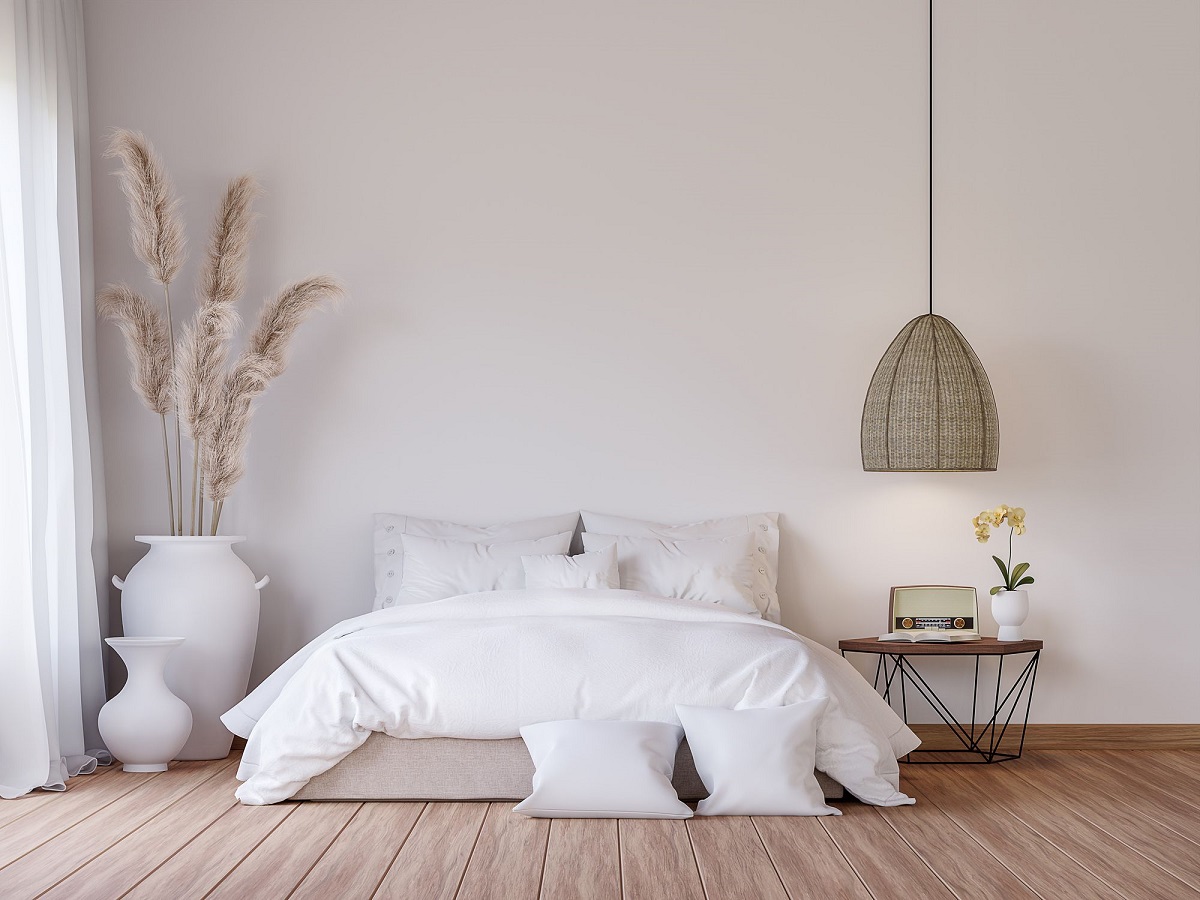
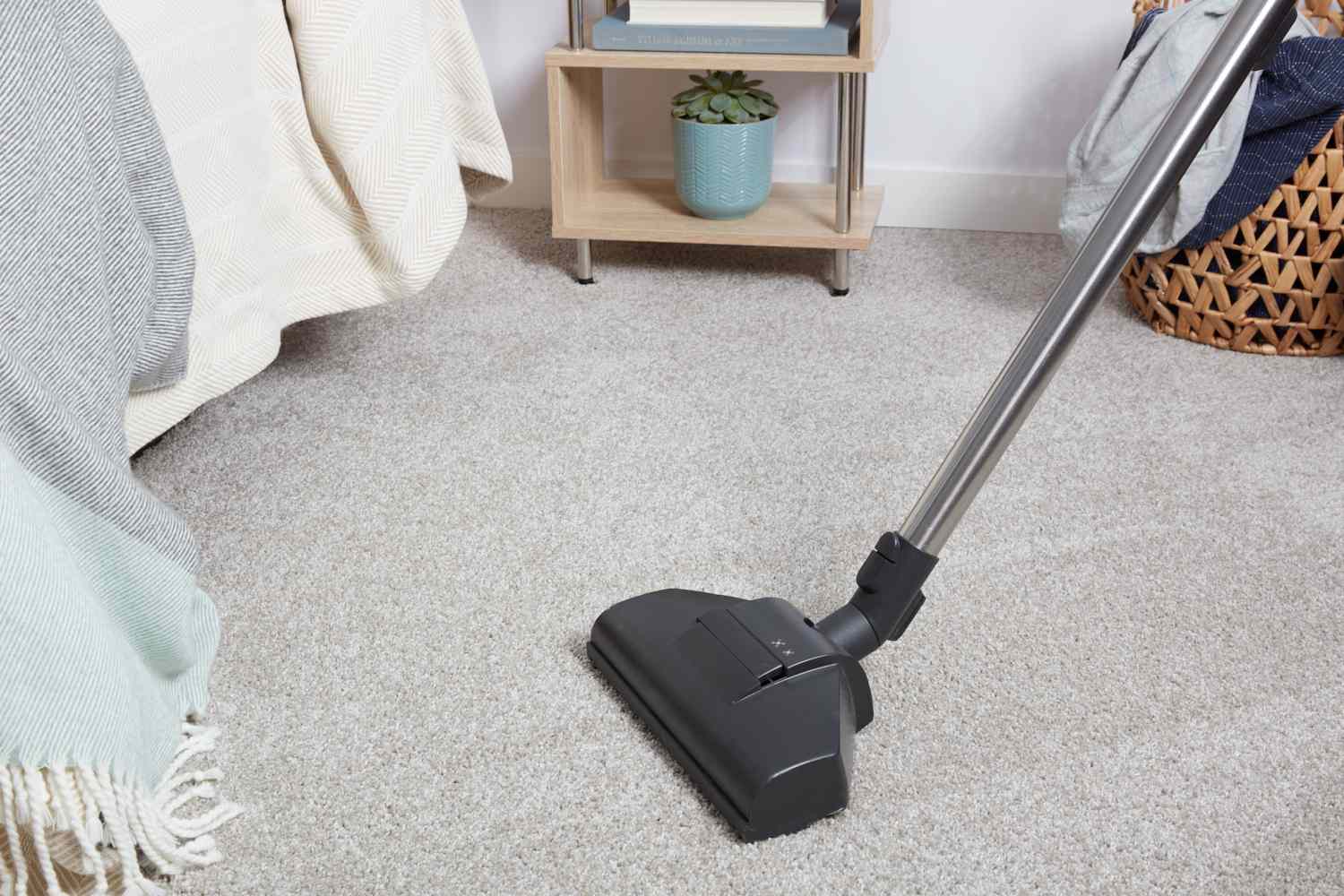
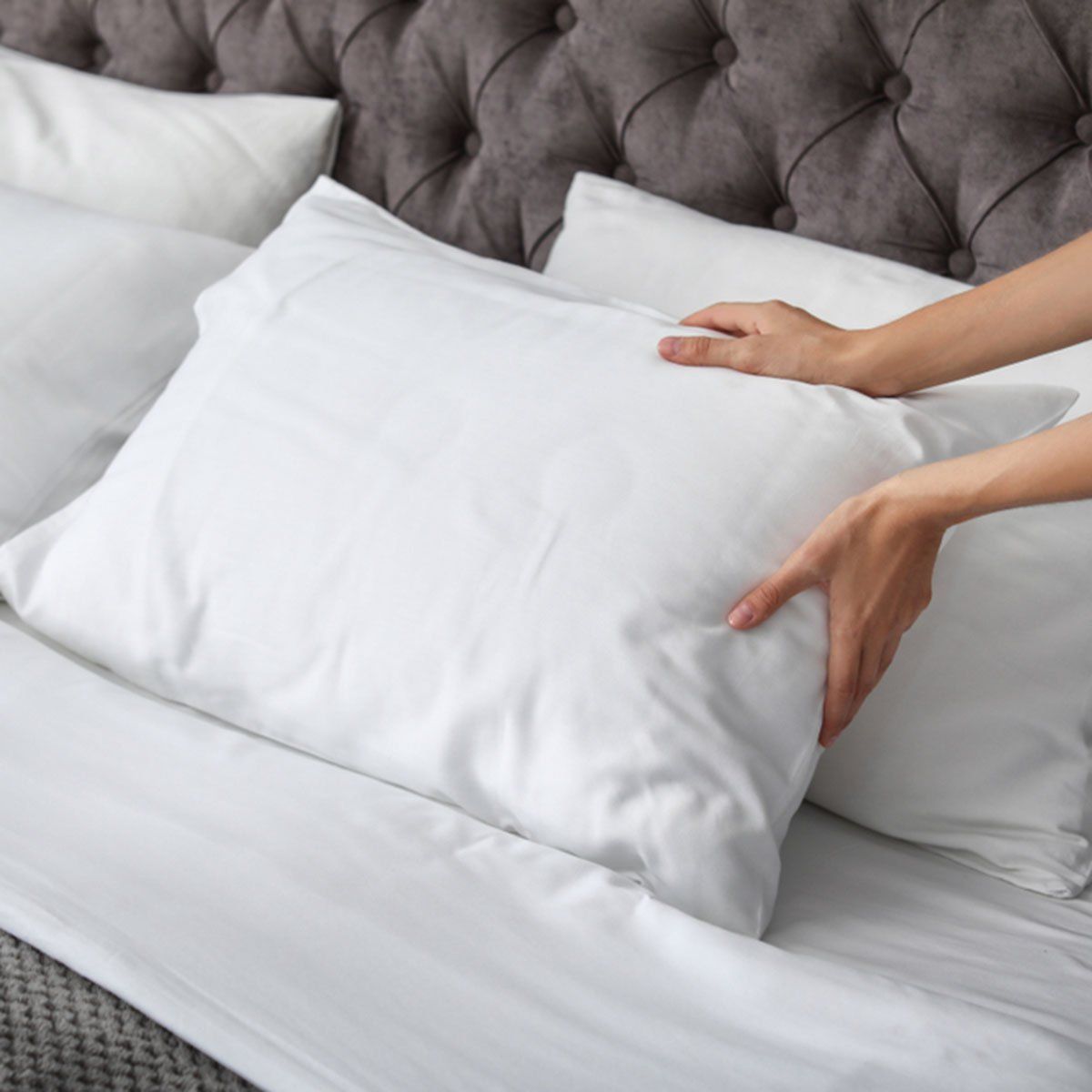
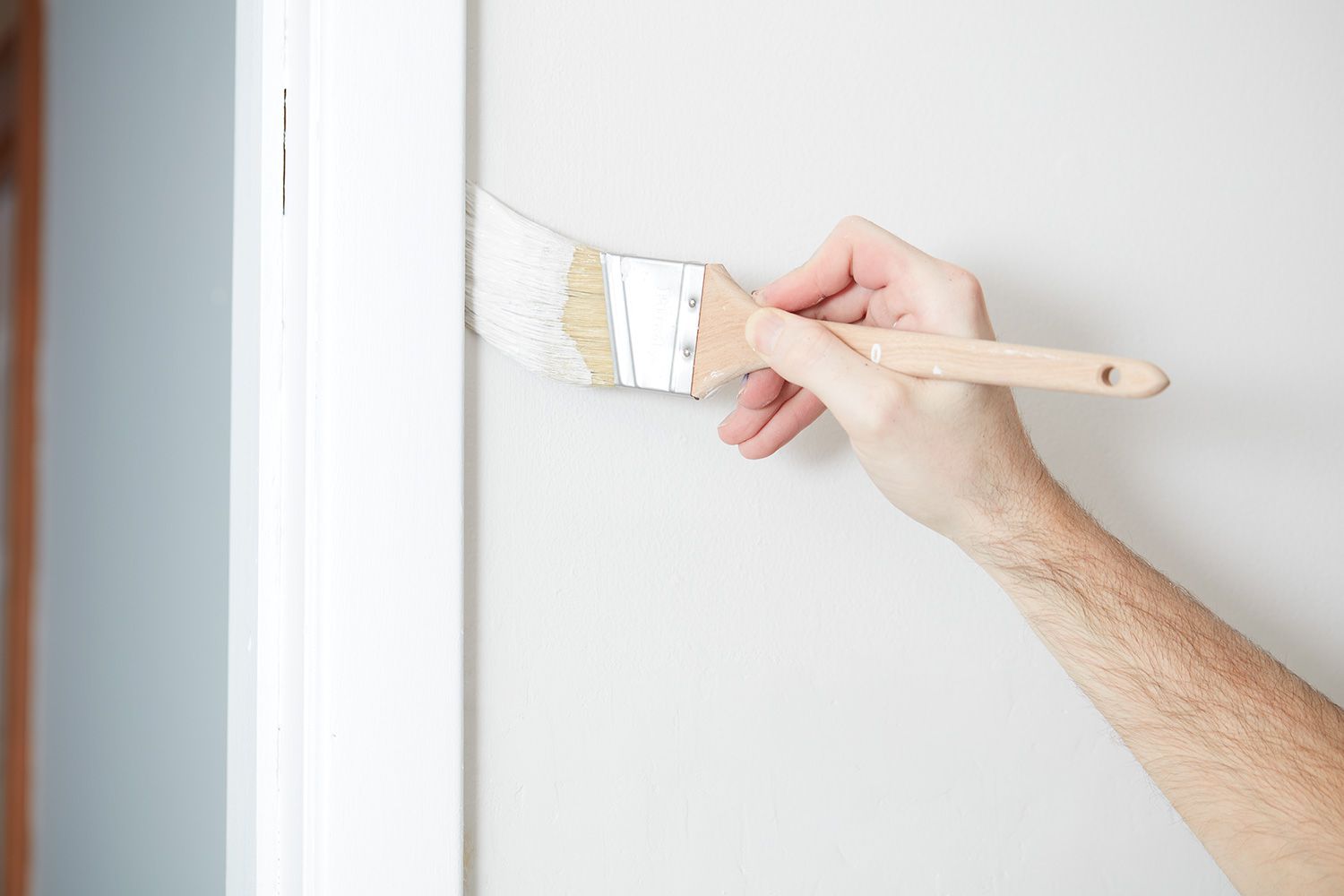
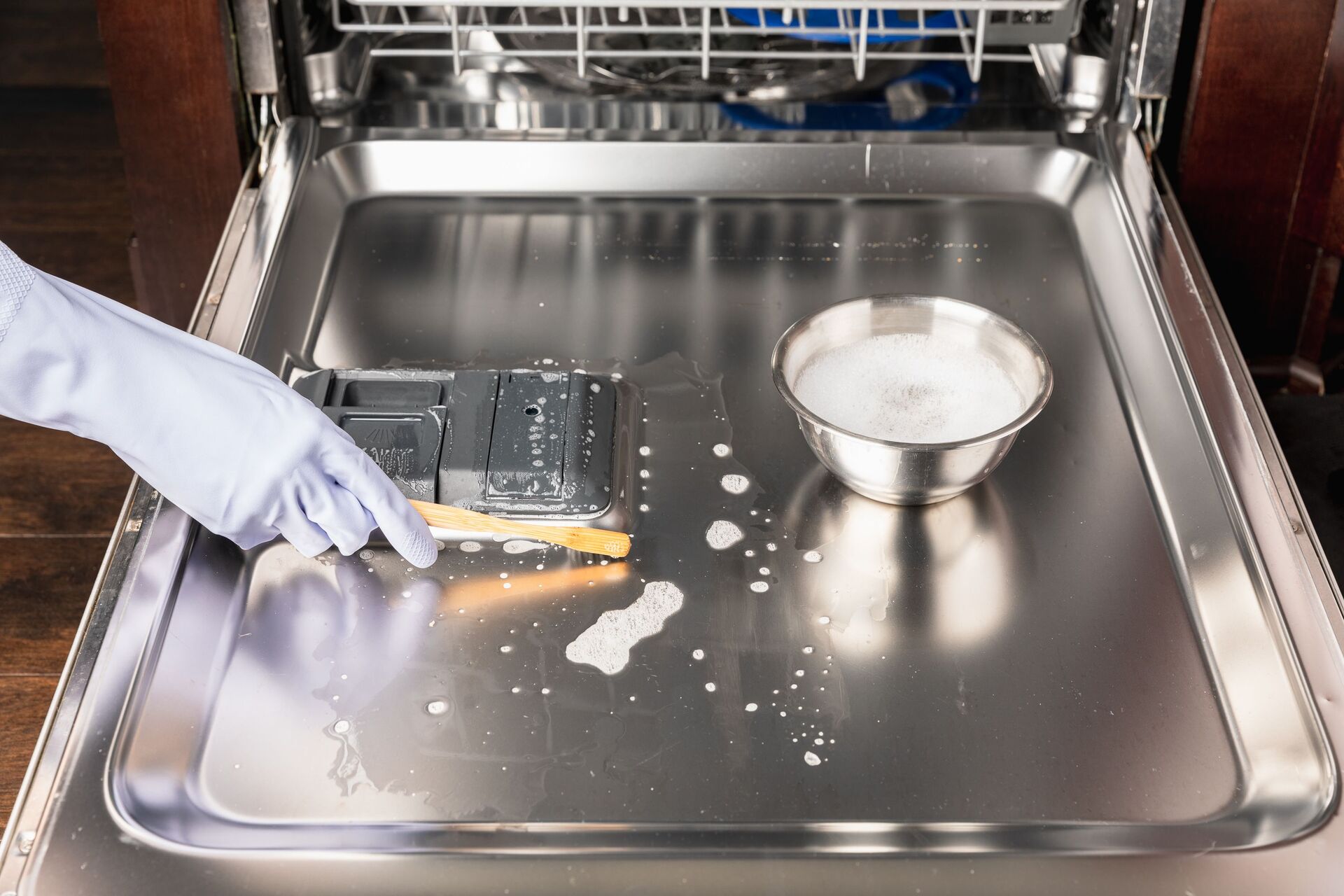
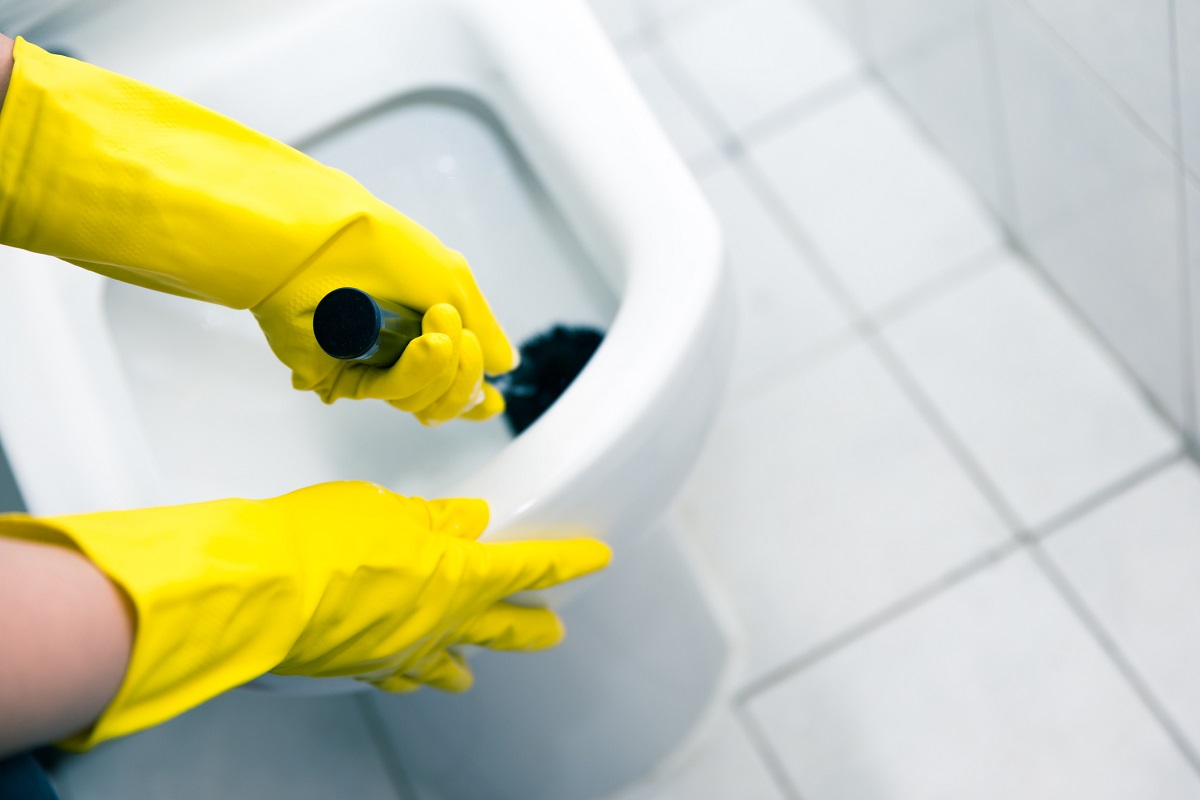
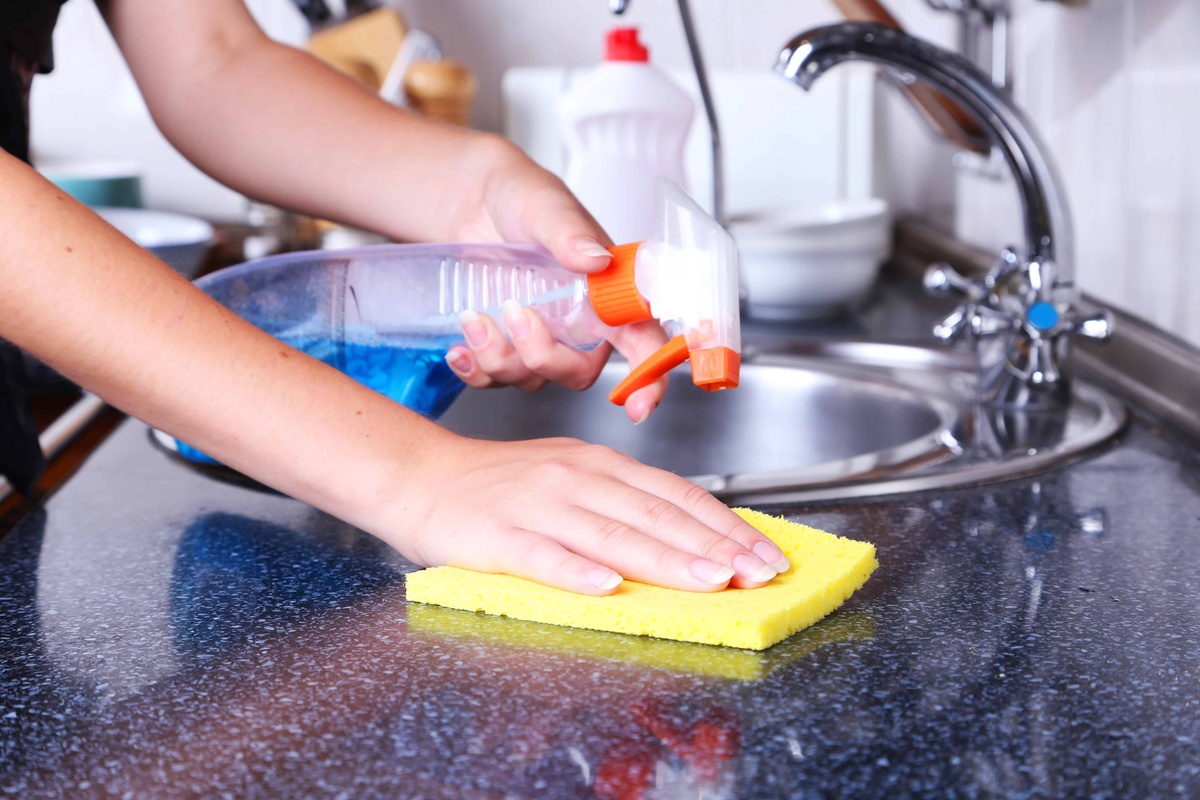
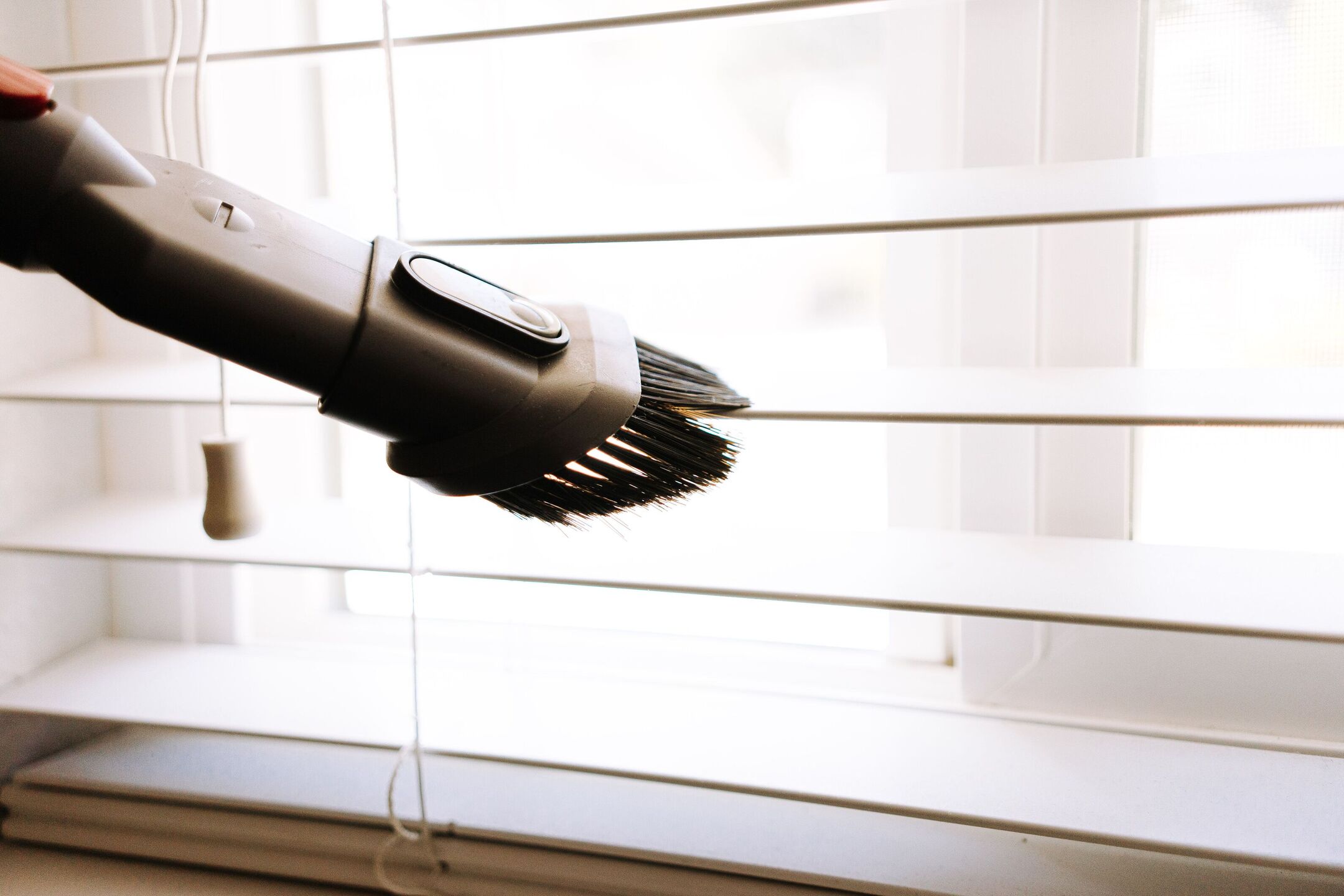
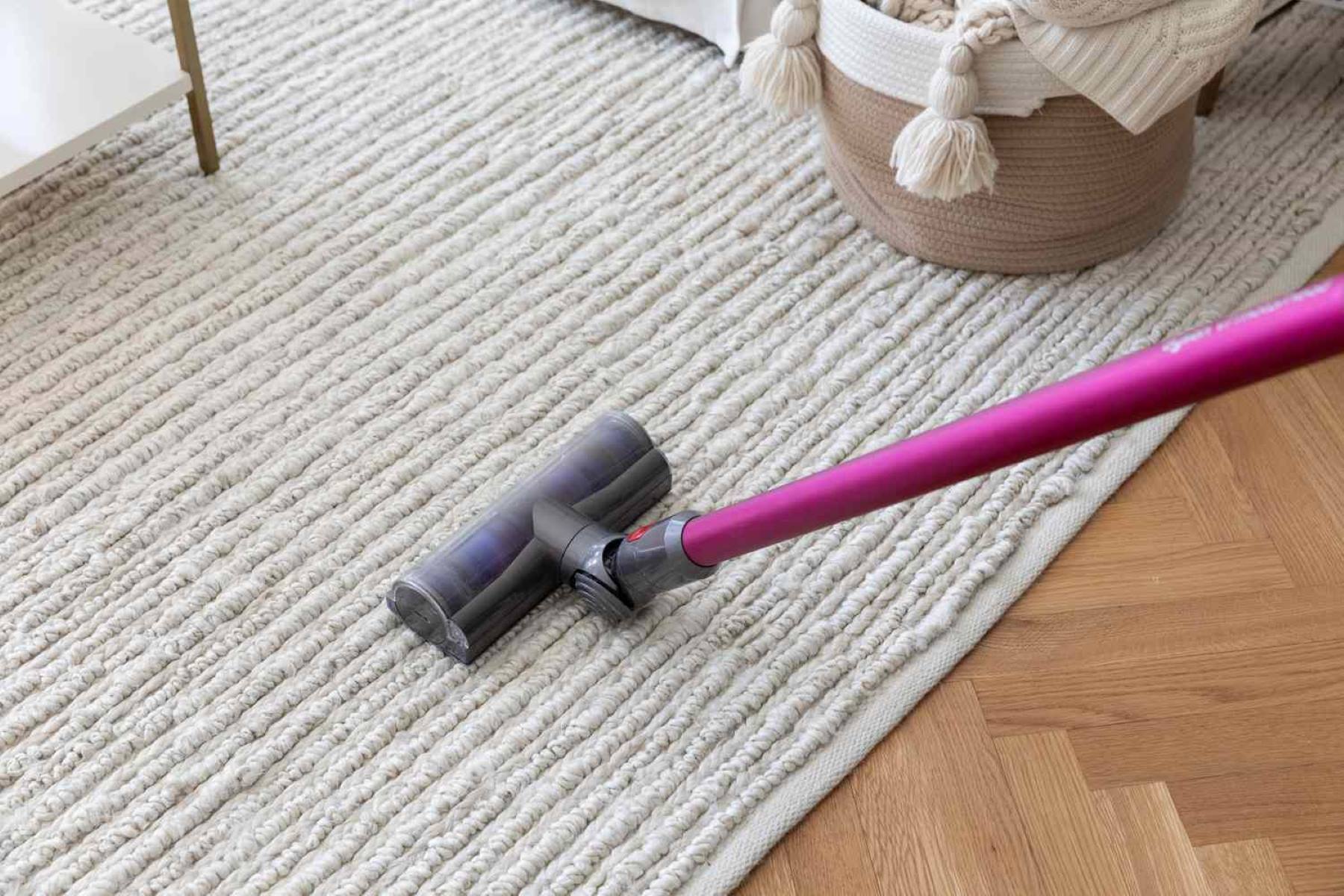
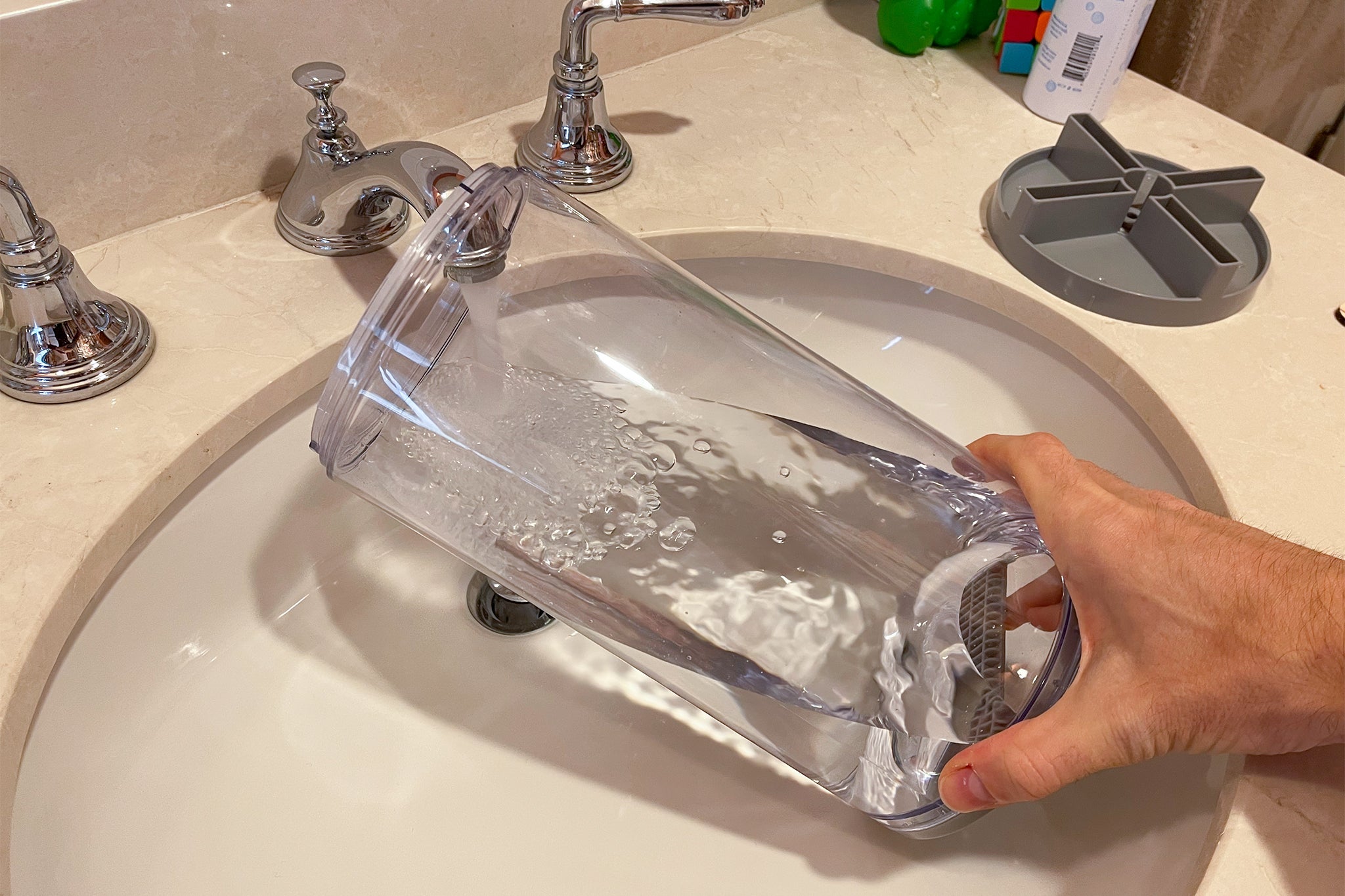
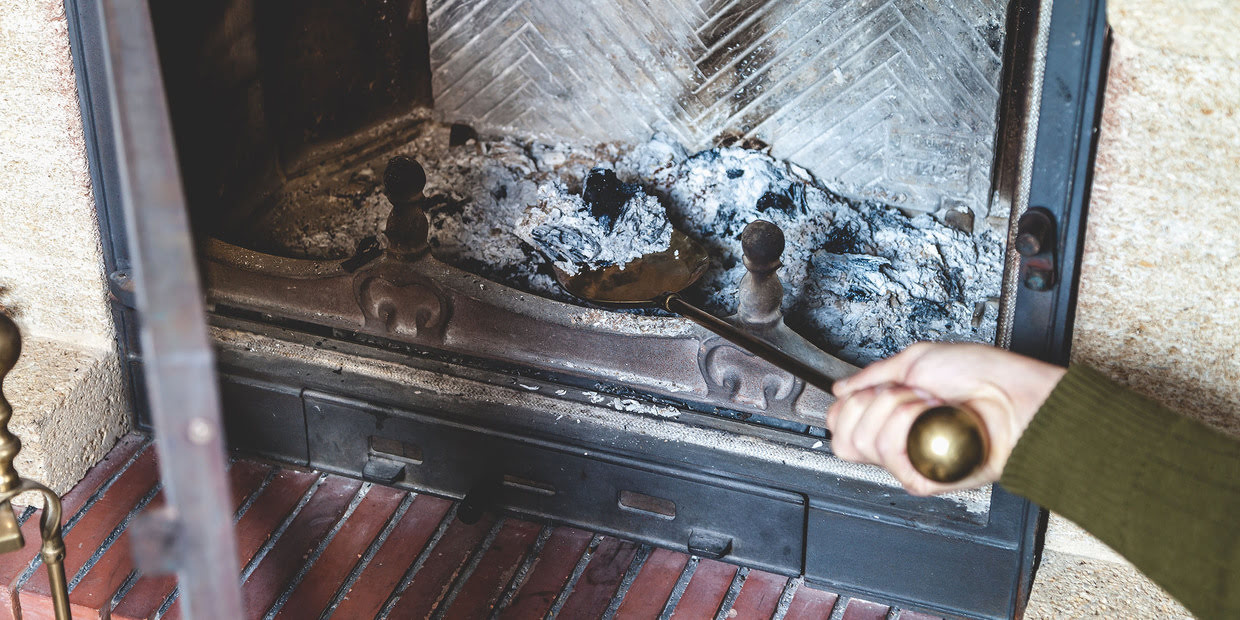
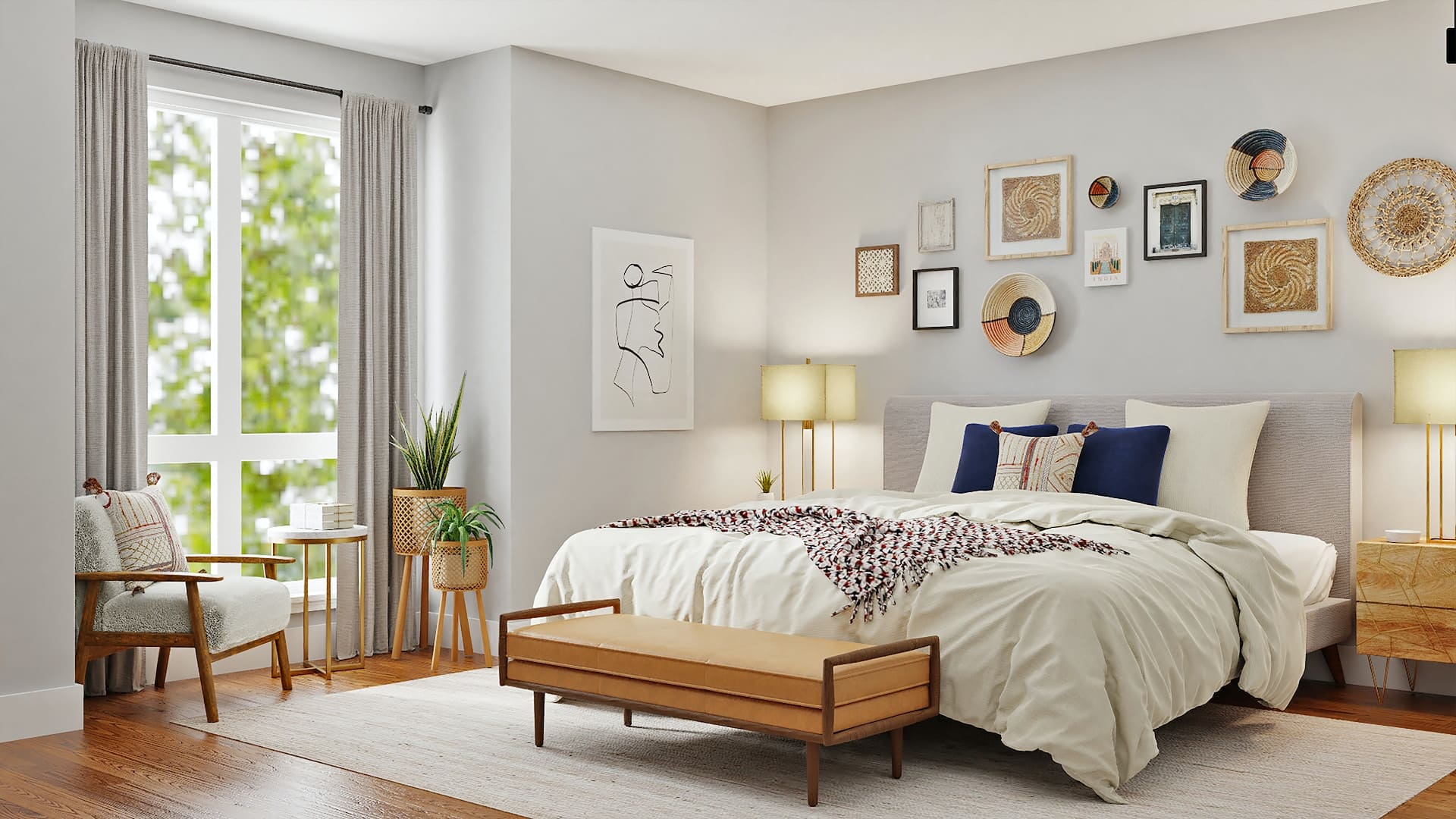
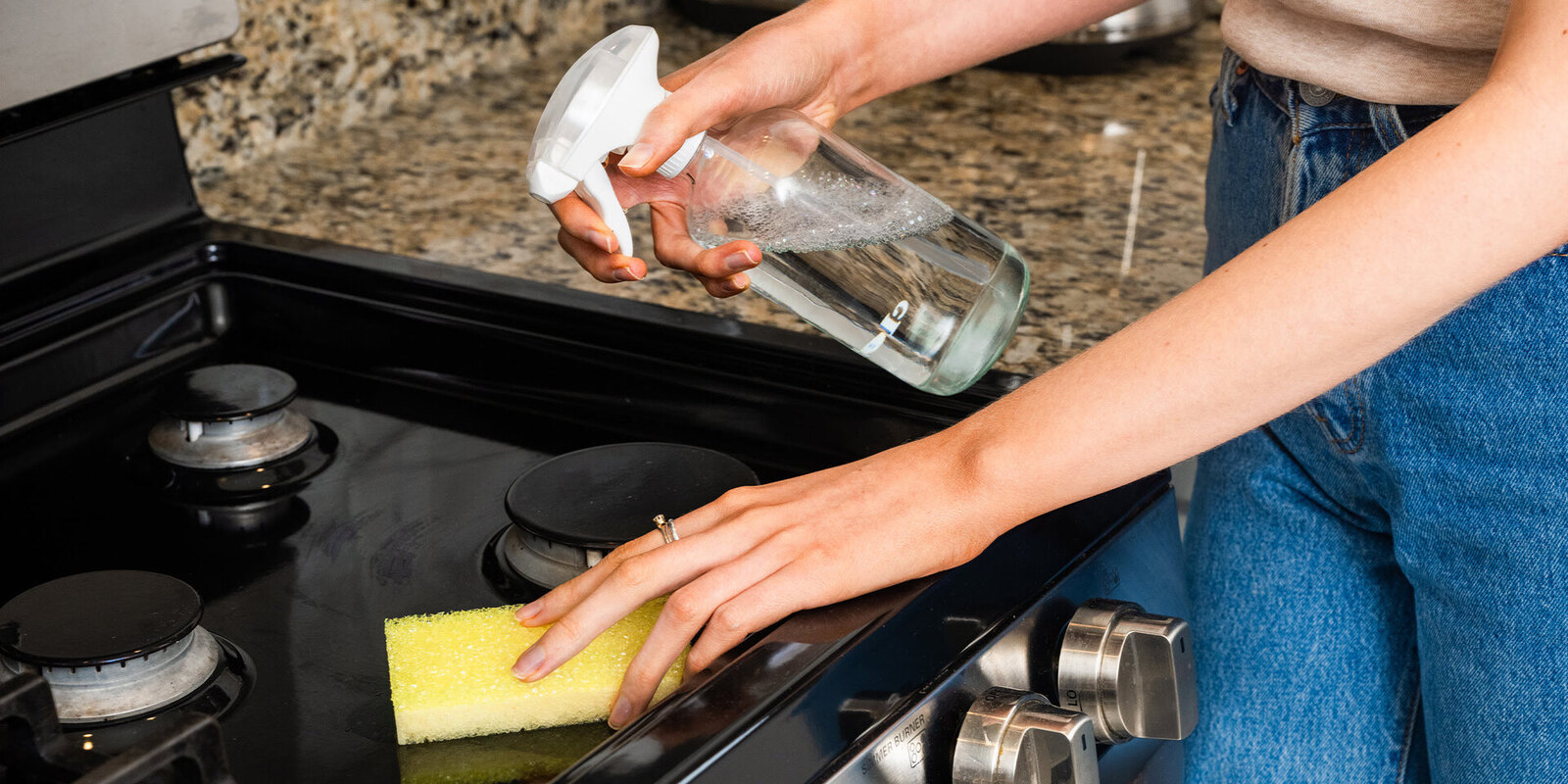
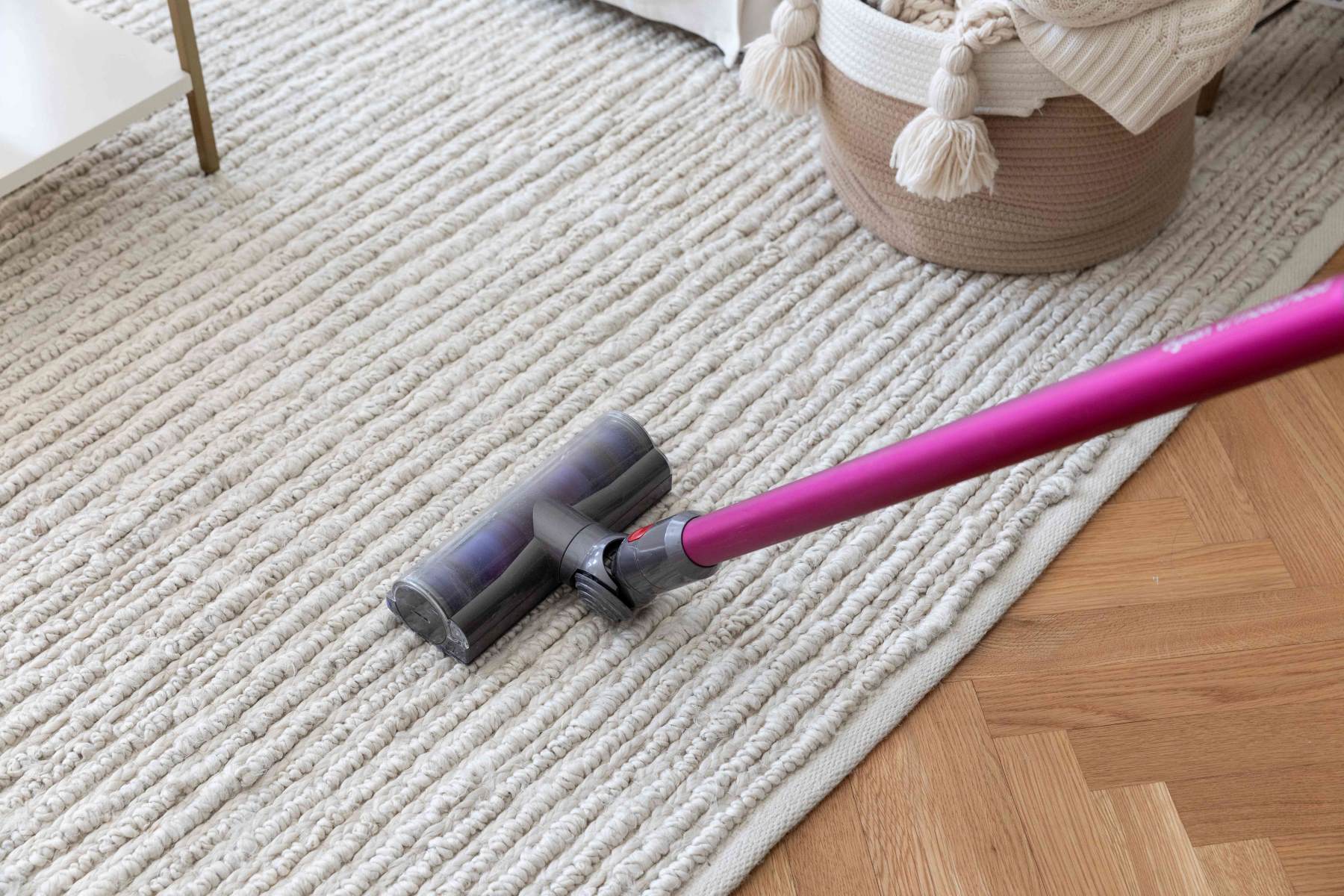

0 thoughts on “How Often Should You Vacuum? Cleaning Experts Advise”